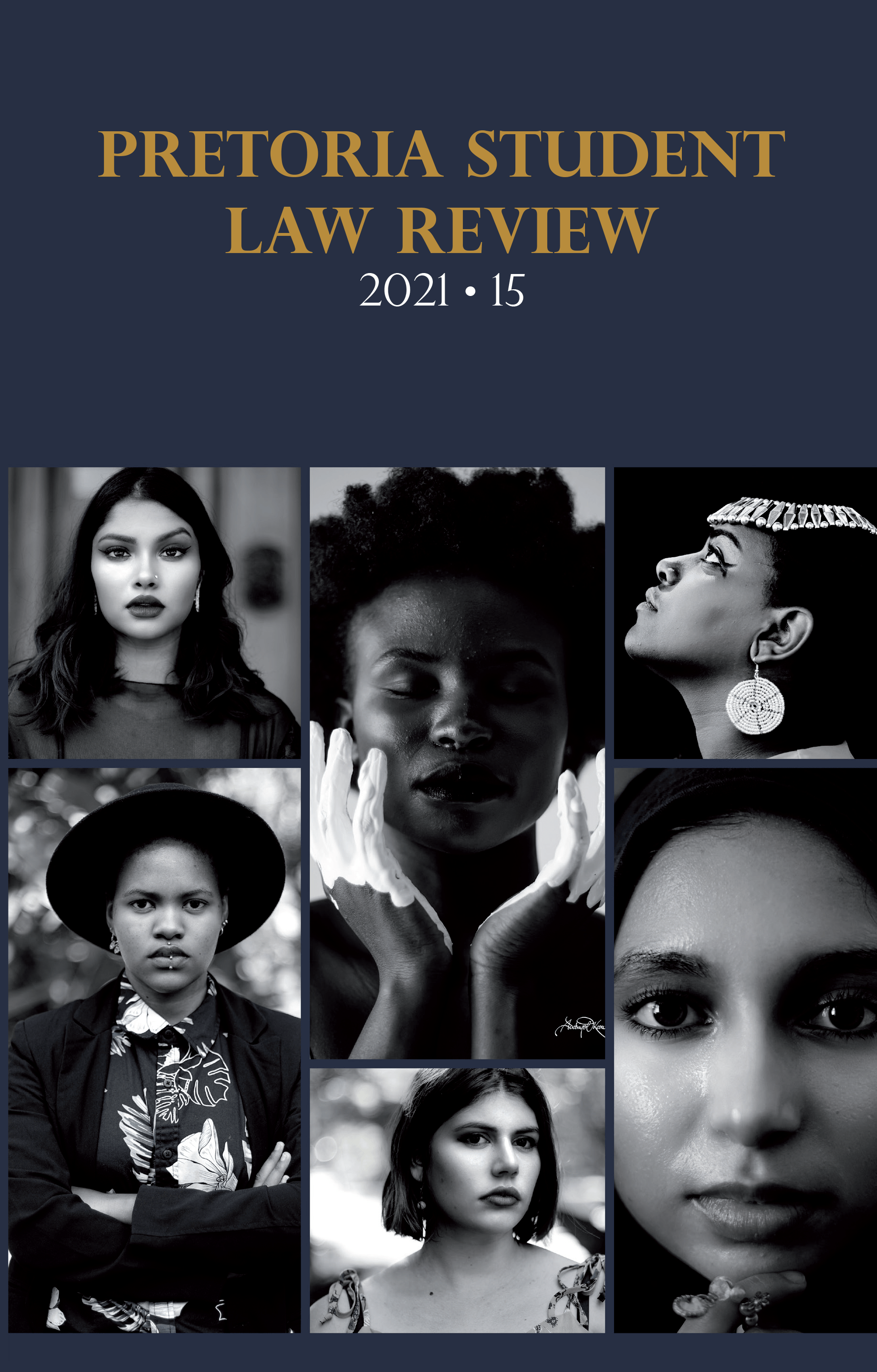DISMANTLING RACIAL ONTOLOGY: CONSTITUTIONAL ABOLITIONISM AS A SOLUTION TO SOUTH AFRICA’S ANTI-BLACKNESS AND WHITE SUPREMACY
DOI:
https://doi.org/10.29053/pslr.v15i1.3670Keywords:
constitution, decolonisation, white supremacy, racial ontology of conquest, constitutional abolitionismAbstract
The constitution of the Republic of South Africa, 1996 (the 1996 constitution) is typically represented as the ‘best constitution’ in public and academic discourse around the world. In this article, the aim is to argue against this notion. The thesis presented in this article is, how can this constitution be regarded as the best in the world when it has failed to make possible conditions which mark a break from the cultural, social, and political order of colonial-apartheid South Africa? This article then explores a comparative analysis of the racial ontology of conquest pre and post-democracy. The conclusion is that the racial ontology of conquest remained unabated irrespective of the claims of freedom and a ‘new’ South Africa was supposedly ushered in by the 1996 constitution. Consequently, the notion of regarding the 1996 constitution as the beginning of a new South Africa and the end of Black people’s sufferings is outrightly rejected. The concept of constitutional abolitionism is thereafter adopted and placed as a catalyst towards a decolonised South Africa where the racial ontology of conquest would be undone. In giving a proper analysis of constitutional abolitionism as a theory of the constitution, the thought and practice of constitutional optimists and sceptics are also dissected and challenged.





